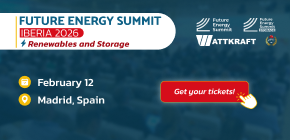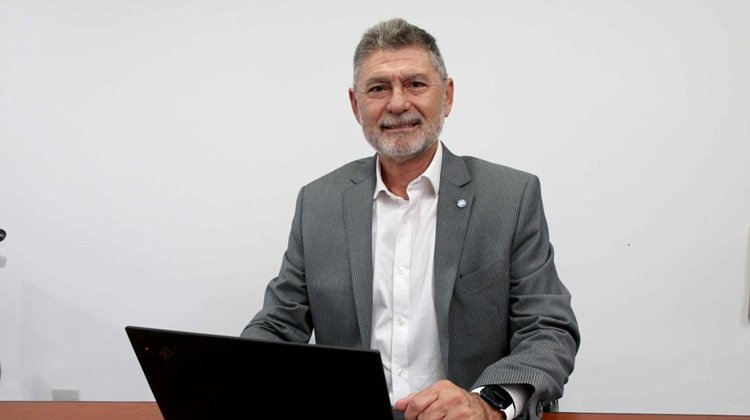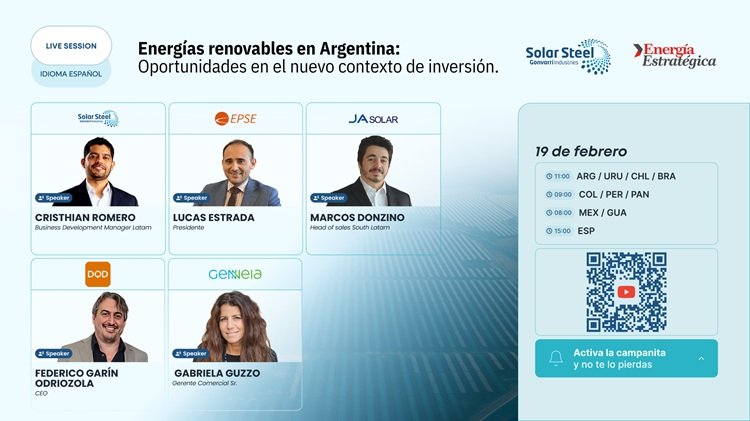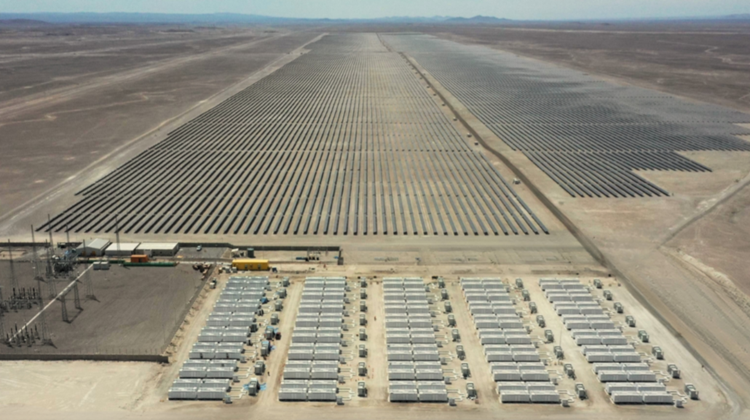At the third edition of FES Iberia 2025, one of Europe’s leading forums on energy transition, 360Energy outlined its strategic roadmap for the Spanish market. The company is pursuing a fully integrated model that spans from development to operation and maintenance, with a strong focus on storage, efficiency and hybrid energy models. This was the key message delivered by Benjamín Reynal, Northern Hemisphere Coordination Director at 360Energy, during the panel on solar trends and storage in Spain.
“360Energy is an Argentine company that delivers energy solutions from start to finish,” Reynal stated. The company is positioning itself as the first fully Argentine-owned IPP to expand internationally, entering a market that Reynal describes as “difficult, competitive, and subject to low pricing”.
Capturing value through technology and efficiency
According to Reynal, the key to competing lies in capturing the value of each electron produced through a fully integrated approach. “We remain highly optimistic,” he emphasised, pointing out that electrification currently accounts for just 20% of global energy consumption, leaving ample room for growth.
A cornerstone of the company’s strategy is energy storage, both from a technological and operational perspective. “We already have the first hybrid park with batteries in Argentina—developed entirely in-house,” Reynal said. This experience is now being transferred to Spain, where the company aims to replicate hybrid generation models incorporating batteries to maximise each project’s profitability.
Full-service model and client proximity
Beyond the technical aspects, Reynal stressed the importance of commercial and operational integration. “We offer on-site and off-site PPAs and manage projects from beginning to end,” he explained. This turnkey approach, he noted, allows 360Energy to reduce intermediary margins, ensure quality, and retain full control over each stage of the project. “It provides quality, experience, and a single point of contact,” he remarked.
In Spain, the company is developing large-scale hybrid self-consumption models, which Reynal believes are still underutilised. “We believe this model remains largely untapped,” he said, adding that these projects are being rolled out in partnership with Stellantis, which recently became a shareholder in 360Energy.
This approach, he argues, not only provides greater energy security but also enables industrial clients to stabilise operations amid volatile prices and geopolitical uncertainty. “With all the turbulence—from pandemics to wars—energy prices may currently be near zero, but I believe that’s temporary, not structural,” he warned.
In-house execution under price pressure
360Energy’s strategy revolves around three pillars: operational efficiency, commercial flexibility, and applied technology development. In Argentina, the firm operates under a 100% in-house model, handling every phase of the project with its own equipment and workforce. While Reynal acknowledges that replicating this model in new markets takes time, he sees it as critical to staying competitive in Spain.
“The industry is adapting to competition and low prices, but it requires us to be objectively efficient,” he pointed out. This efficiency, he added, also depends on technological integration and operational control, ensuring that cost reductions do not come at the expense of quality.
Grid saturation and regulatory bottlenecks
On the structural side, Reynal echoed growing concerns around grid capacity and infrastructure in Spain. While he recognised storage as a valuable tool to ease grid congestion and increase renewable penetration, he stressed that “we must improve both transmission and distribution if we’re to absorb all the new electrons being generated”.
In conclusion, 360Energy views Spain not only as a market for expansion but as a strategic testing ground. In an environment defined by low pricing, saturated networks and regulatory delays, the company is betting on hybrid projects, full-cycle integration, and flexible self-consumption solutions with storage as the path to sustainable growth.
“With batteries and full project operation, we add value to every electron,” Reynal summed up at FES Iberia 2025.
Watch the full panel


























